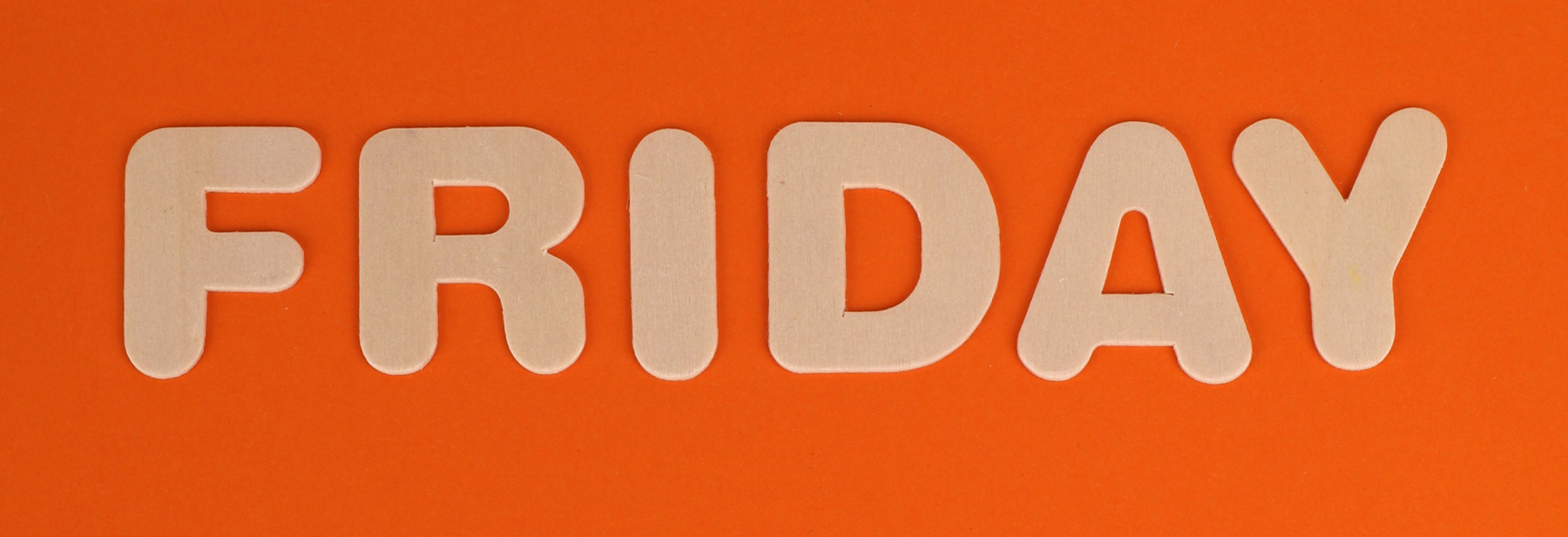
ServiceFriday: Less Promotion Creates Higher Profits
It is typically assumed that all promotional advertising and positive word of mouth is beneficial for a company. However, research has shown this can actually hinder a company’s ability to thrive when the amount of competition is high in the market. In the article, “Strategic Implications of Keeping Product Value Secret from Competitor’s Customers,” the authors delve into the reasons behind this and better practices for maintaining a competitive edge.
Consumers tend to react positively to surprises. The article states, “Surprises can make consumers’ post-purchase valuation of a product significantly different from their pre-purchase expectation.” An example of this is when restaurants offer free appetizers to their guests without any advertisement on their website or menu. Customers who are dining for the first time at the restaurant will then be pleasantly surprised when they receive this offer. Retailers such as Bloomingdale’s have been known to incorporate this strategy as well, by offering free alterations without advertising the information on their website.
Along with the extra product value brought to the customers, these situations may bring about a pleasant surprise for the firm as well. The company Intuit was surprised to learn that many small business owners prefer its product mainly for its user friendliness compared to other accounting software programs. “The firm’s customers learned the positive, unexpected value with respect to some attributes of the firm’s product, which can affect the customers’ future purchase or subscription decisions.” The firm was able to recognize this and focus on improving their use-friendliness even more.
This practice is what is referred to as “under-promise and over-deliver.” Firms can benefit greatly from this strategy because their customers initially have low expectations but are met with a much improved reality. By avoiding promotional advertising, firms will also prevent their competitors from engaging in price competition or creating similar promotions for their own customers.
Positive word of mouth can also negatively impact a firm’s profits. When its customers’ word of mouth reveals a product’s hidden value to the competitor’s customers, that competitor will now have to aggressively pursue their own customers and attempt to price compete with the other firm.
These strategies are specifically beneficial to a market saturated with competition. In a monopoly, the firm will increase its profit by informing the non-customers of its product’s hidden value. However, when a firm faces competition, it may make a higher profit if it keeps its hidden value secret from its competitor’s customers, even if advertising to inform them is “costless”.
To access the article visit Science Direct at this link. (A fee may apply.)